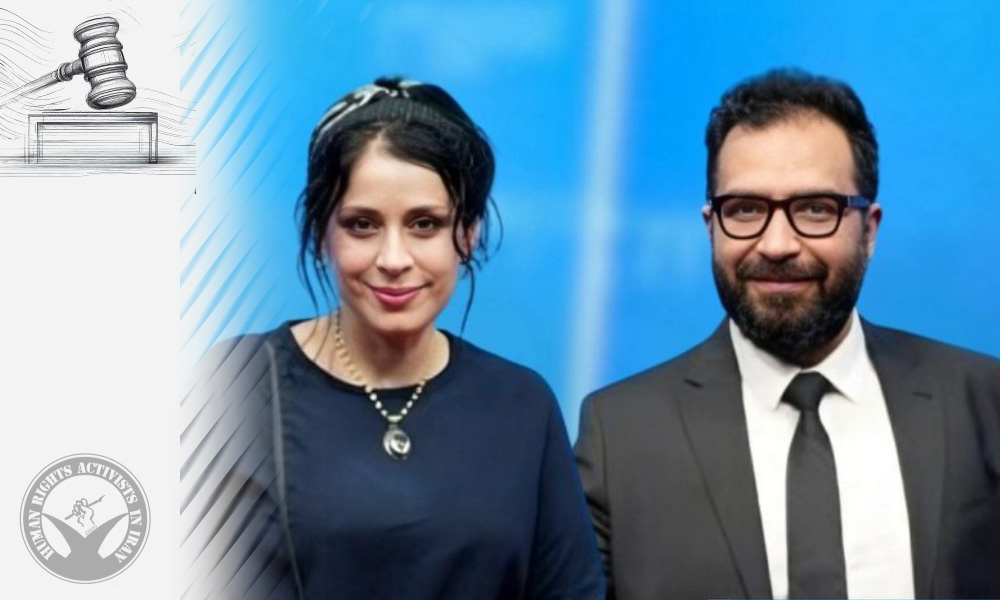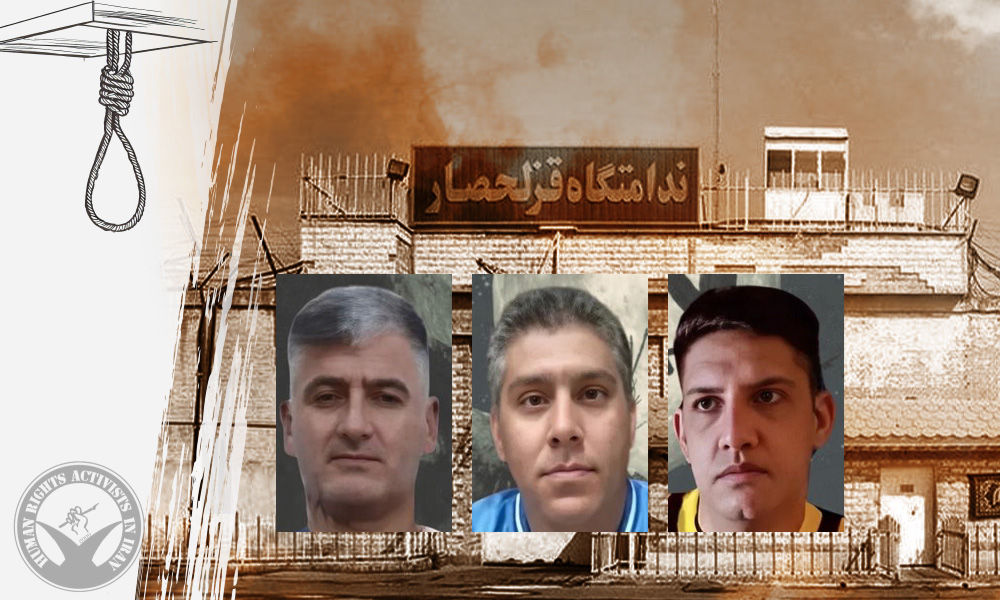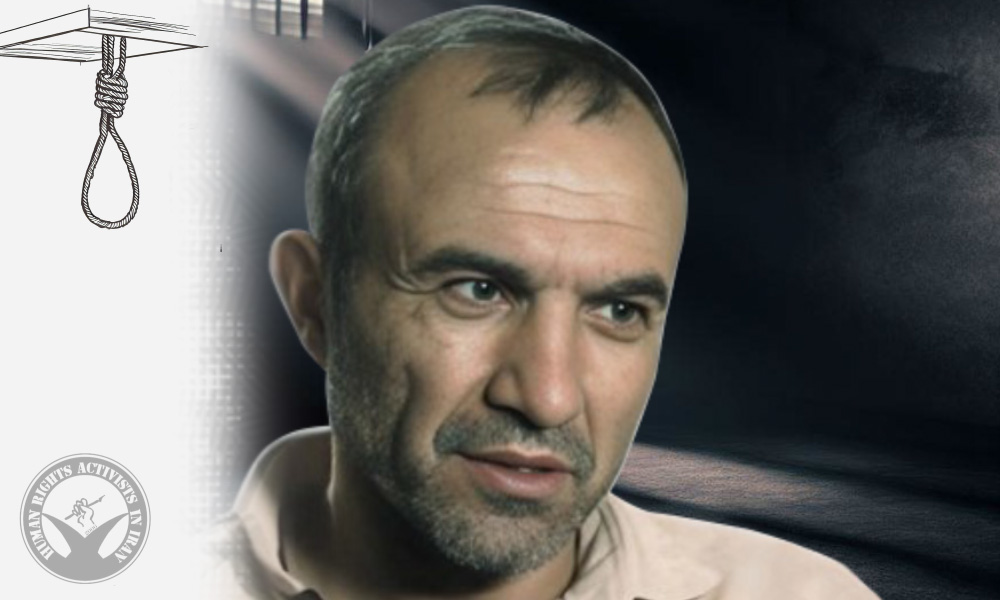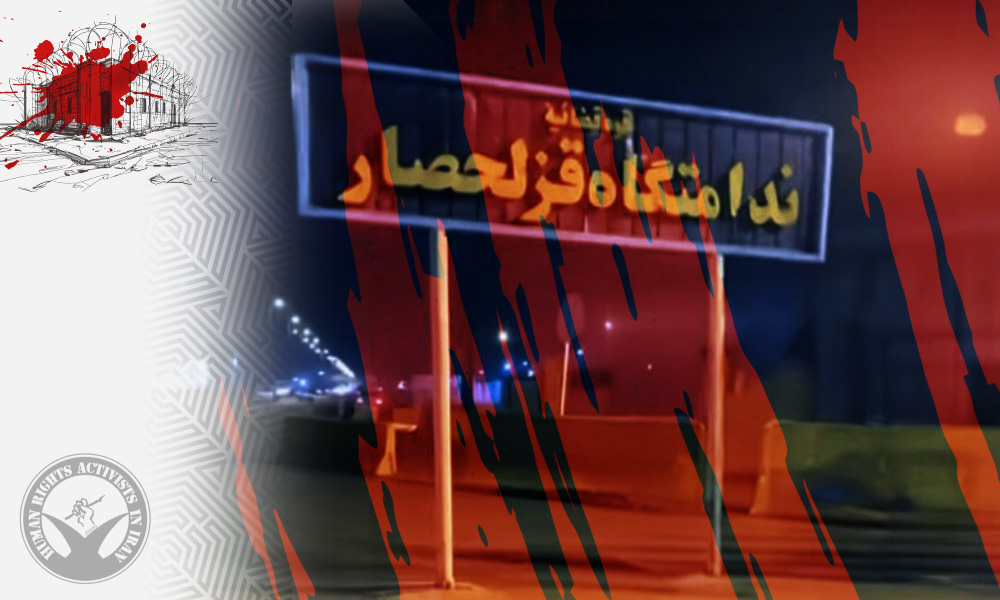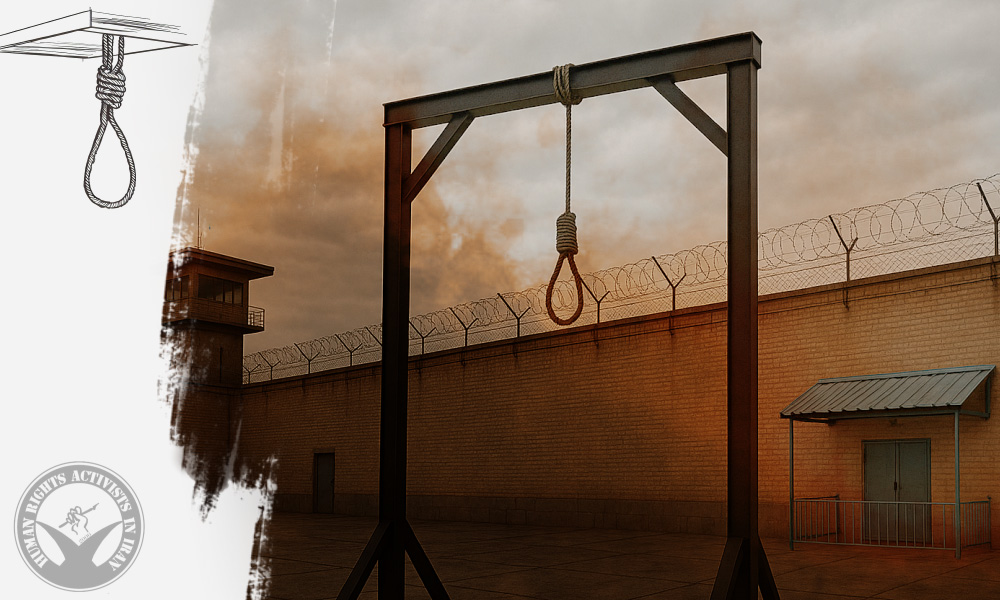HRANA – The Judiciary’s Media Center announced today, Wednesday, June 11, that Abbas (Mojahed) Korkor (Korkori), a prisoner held in Sheiban Prison in Ahvaz, has been executed.
The report from Mizan, the Judiciary’s media outlet, states that Korkor had been sentenced to death on three separate counts by the Ahvaz Revolutionary Court. The Supreme Court upheld the verdict. He was convicted on charges including moharebeh (enmity against God) for allegedly brandishing a weapon with intent to kill and intimidate the public; corruption on earth through acts of violence using military-grade firearms; and forming and participating in an armed group opposed to the Islamic Republic.
In late-December 2024, Korkor was sentenced to death for the second time by the Revolutionary Court. A previous death sentence had been overturned by the Supreme Court in early-December 2024 and sent back to a parallel court branch for reconsideration.
Korkor had initially been sentenced to death in April 2023 by Branch 1 of the Ahvaz Revolutionary Court on charges including moharebeh and corruption on earth.
He had been held in solitary confinement at Sheiban Prison since December 20, 2022, and was later transferred to Ward 8 of the prison in August 2024.
The judiciary accused Abbas Korkor of involvement in the killing of Kian Pirfalak, a child who was fatally shot during the nationwide protests. However, the Pirfalak family has publicly rejected this claim. Kian’s mother stated, “On our way home, officers opened fire on our car.”
Korkor was charged with disrupting public order, inflicting fatal injuries resulting in the deaths of seven individuals including Kian Pirfalak, causing serious damage to public and private property, and forming or joining anti-government groups engaged in armed rebellion against the Islamic Republic.
In January 2023, the prosecutor of Izeh announced that 70 people had been charged in connection with the protests held on November 16, 2022. On that day, at least seven people, including Kian Pirfalak, were fatally shot by security forces.
While authorities continue to describe the events of November 16 in Izeh as a “terrorist attack,” eyewitnesses and the families of victims have presented accounts that contradict the government’s narrative.






